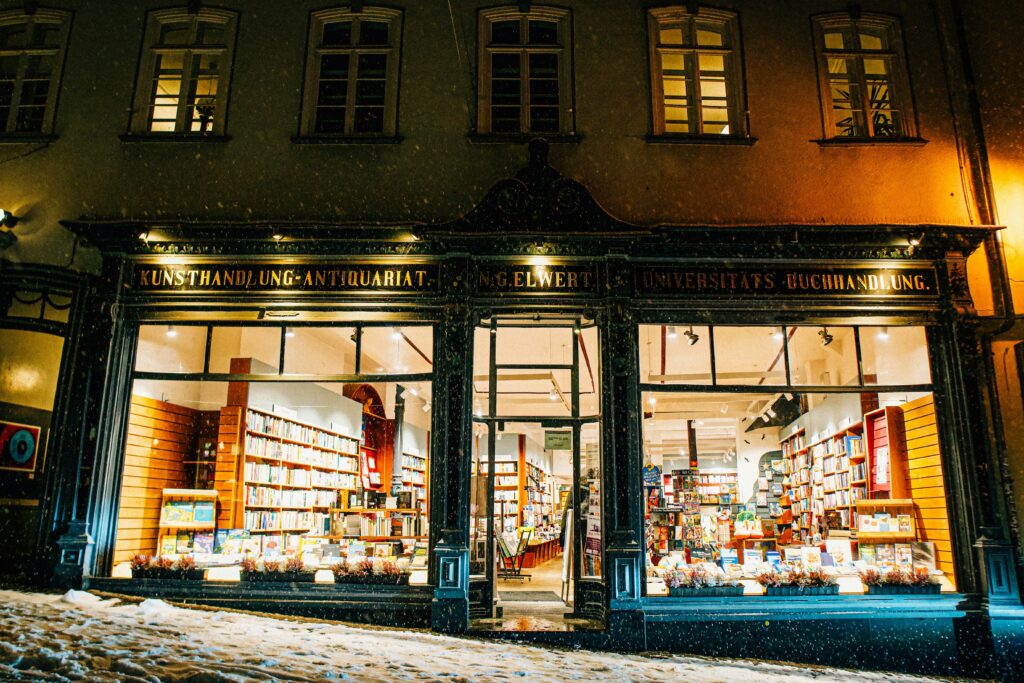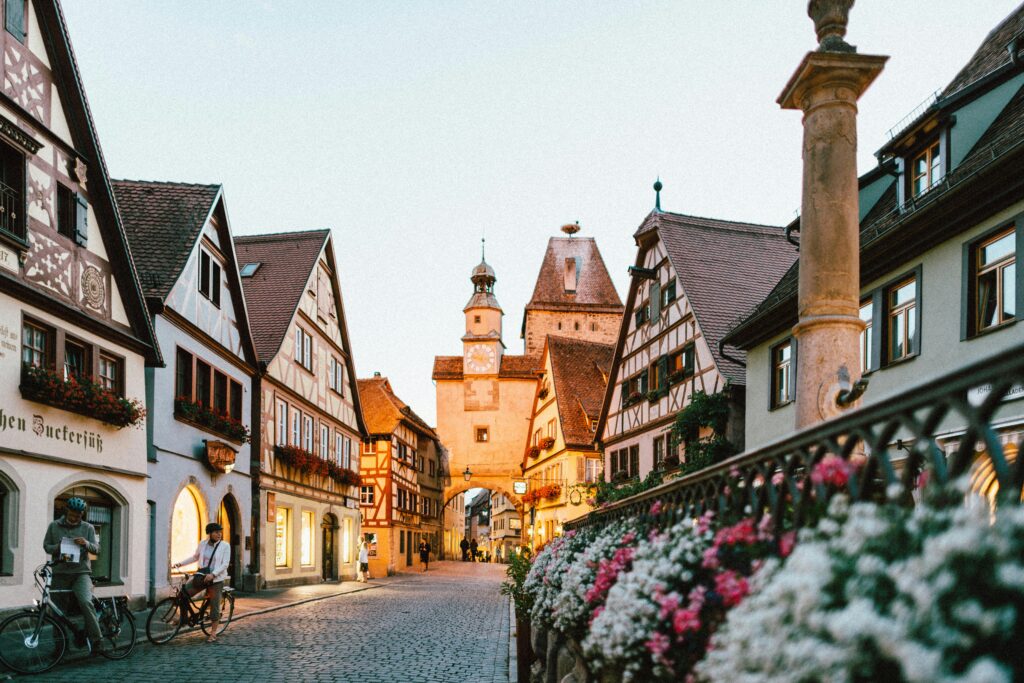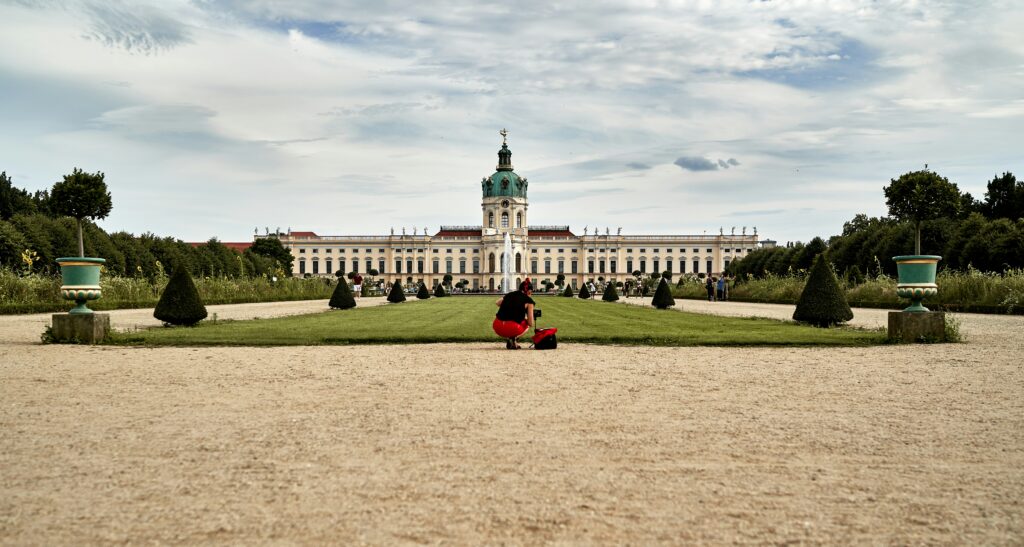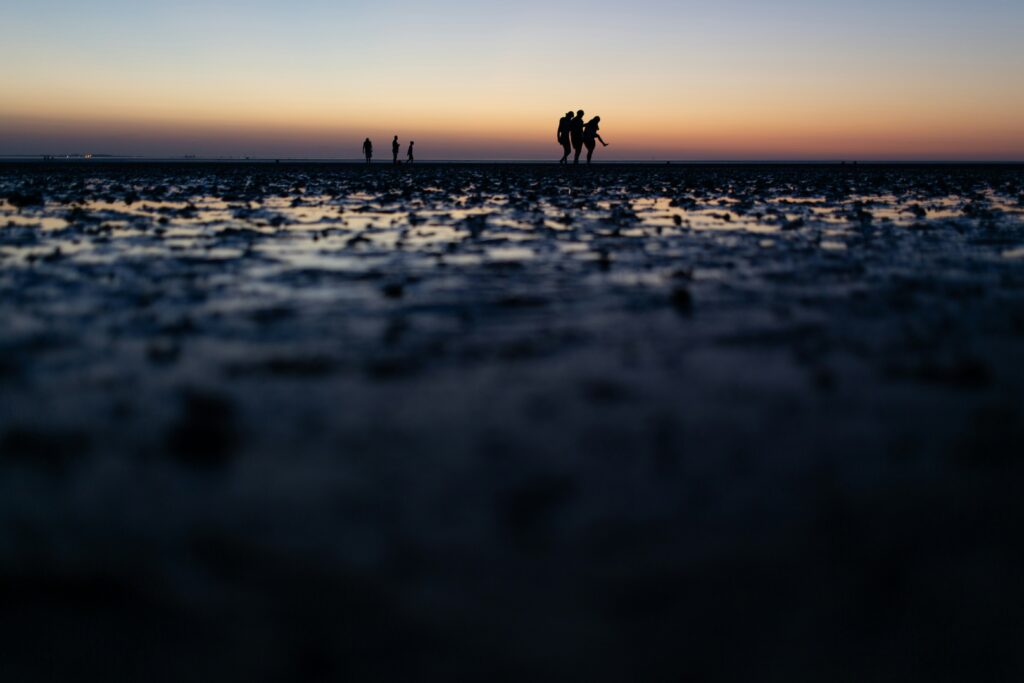Germany stands as a captivating blend of rich history, vibrant culture, and modern innovation, making it an attractive destination for individuals seeking educational and travel experiences. From its iconic landmarks like the Berlin Wall and Oktoberfest to its picturesque landscapes, including the Bavarian Alps and the Rhine Valley, Germany offers a unique tapestry of opportunities for exploration and learning. This guide aims to provide an insightful overview of Germany’s cultural landscape, historical context, and the diverse experiences awaiting those who choose to study or travel in this dynamic country.
Understanding German Culture and Language
Culture and language are intricately connected, making it impossible to fully understand one without the other. Learning German involves more than just memorizing words; it requires an understanding of Germany’s rich cultural context. Germany is often stereotyped through clichés like Lederhosen, pretzels, and punctuality, but its true essence extends far beyond these images. Known for its poets and thinkers, Germany’s cultural landscape is rich in literature, art, and philosophy, with a strong emphasis on sustainability, freedom of thought, and historical consciousness.

The German language, one of the most widely spoken in Europe, holds a significant place in both the cultural and historical framework of the region. German has four unique letters (ä, ö, ü, ß) and is known for its complex pronunciations and extremely long compound words. Regional dialects add richness to the language, from High German used formally, to Bavarian, Saxon, and Alemannic variations, each with its distinct flavor. Understanding these variations helps learners connect deeper with different aspects of German life and regional identity.
Historical Context and Modern Values
Germany’s history is key to understanding its current values and behaviors. From the Germanic tribes’ resistance to Roman conquest to its unification in 1871, and through the dark periods of World War I, World War II, and the division into East and West, Germany’s journey shaped its modern democratic values. Today, Germans remain wary of nationalism and value politeness, formality, and efficiency. Punctuality and direct communication are highly prized, especially in business settings, though informal interactions often soften these traits.

Cultural Heritage and Artistic Excellence
Germany also has a long-standing tradition of excellence in arts, literature, and music. From literary giants like Goethe and Kafka to famous composers like Beethoven and Brahms, German cultural contributions are vast. Its impact on modern art movements like Expressionism and Bauhaus, along with its musical heritage in classical and electronic genres, showcases Germany’s ongoing cultural influence. Combined with strong family values, social etiquette, and a love for outdoor activities, Germany’s lifestyle reflects a balance between tradition, innovation, and a progressive approach to work-life balance.
Exploring Germany: A Destination for Learning and Adventure
This guide offers a comprehensive overview for individuals planning to study or travel to Germany, focusing on its history, culture, and educational opportunities. Germany is a top destination for international students, offering a mix of modern city life and rich history, including landmarks like the Berlin Wall and Oktoberfest. Individuals from various majors can benefit from Germany’s contributions to the arts, sciences, and technology. The country’s blend of modern and classical architecture, along with its scenic landscapes like the Bavarian Alps and the Rhine Valley, make it a popular destination for study and travel.

Navigating Diversity and Identity
Germany has a complex history, particularly as a key player in World War II, but has since become a leading economic powerhouse and a destination for international students. The country is renowned for its cultural heritage, including folk festivals, classical music, and cuisine, while maintaining a high quality of life for its diverse population. Although there are regional variations in tolerance, western Germany is generally considered more open to diversity than the East. Individuals are encouraged to explore Germany’s dynamic cities, historical sites, and cultural events during their stay.
Challenges of Identity and Immigration
The guide also provides insight into the challenges of identity and diversity in Germany, especially regarding race and immigration. Following World War II, Germany stopped collecting racial demographic data, focusing instead on nationality, which complicates assessments of ethnic diversity. Issues like Islamophobia, anti-Semitism, and lingering anti-immigrant sentiments persist, although Germany has made efforts to integrate immigrants, especially after accepting over a million refugees in 2015. While most Germans value immigrants’ contributions, political tensions surrounding immigration remain.

Health and Safety Considerations
Lastly, the guide emphasizes health and safety tips for travelers, such as mandatory health insurance, awareness of potential petty crimes like pickpocketing, and maintaining safety in public spaces. Visitors are encouraged to familiarize themselves with local healthcare options and emergency services. The guide also highlights scholarship opportunities and encourages individuals to explore funding options through academic institutions and program providers.
Summary
In summary, Germany’s intricate relationship between language and culture reflects its deep historical roots and modern societal values. The country, known for its contributions to the arts, sciences, and technology, offers a wealth of experiences for visitors and students alike. While navigating the complexities of identity and diversity, it is important to recognize the challenges and opportunities that shape contemporary German society. With an emphasis on health, safety, and available resources, this guide serves as a valuable tool for anyone planning to immerse themselves in the rich cultural fabric of Germany, ensuring a rewarding and enlightening experience.
